In Defence of Political Conflict
It’s often said that contemporary philosophy is stuck in an intellectual rut. While our forefathers pushed the boundaries of human knowledge, modern philosophers concern themselves with impenetrable esoterica, or gesture vaguely in the direction of social justice.
Yet venture to Whitehall, and you’ll find that once popular ideas have been refuted thoroughly by new schools of thought.
Take the Hegelian dialectic, once a staple of philosophical education. According to Hegel, the presentation of a new idea, a thesis, will generate a competing idea or counterargument, an antithesis. The thesis and the antithesis, opposed as they are, will inevitably come into conflict with one another.
However, this conflict is a productive one. With the merits of both the thesis and the antithesis considered, the reasoned philosopher will be able to produce an improved version of the thesis, a synthesis.
In very basic terms, this is the Hegelian dialectic, a means of philosophical reason which, if applied correctly, should result in a refinement and improvement of ideas over time. Compelling, at its face.
However, this idea is now an outmoded one. Civil servants and their allies in the media and the judiciary have, in their infinite wisdom, developed a better way.
Instead of bothering with the cumbersome work of developing a thesis or responding to it with an antithesis, why don’t we just skip to the synthesis? After all, we already know What Works through observation of Tony Blair’s sensible, moderate time in No 10 – why don’t we just do that? That way, we can avoid all of that nasty sparring and clock off early for drinks.
This is the grim reality of modern British politics. The cadre of institutional elites who came to dominate our political system at the turn of the millennium have decided that their brand of milquetoast liberalism is the be-all and end-all of political thought. The great gods of this new pantheon – Moderation, Compromise, International Standing, Rule of Law – should be consulted repeatedly until nascent ideas are sufficiently tempered.
The Hegelian dialectic has been replaced by the Sedwillian dialectic; synthesis begets synthesis begets synthesis.
In turn, politicians have become more restricted in their thinking, preferring to choose from a bureaucratically approved list of half-measures. Conservatives, with their aesthetic attachment to moderate, measured Edwardian sensibilities, are particularly susceptible to this school of thought. We no longer have the time or space for big ideas or sweeping reforms. Those who state their views with conviction are tarred as swivel-eyed extremists, regardless of the popularity of their views. Despite overwhelming public dissatisfaction with our porous borders, politicians who openly criticise legal immigration will quickly find calls to moderate. If you’re unhappy with the 1.5 million visas granted by the Home Office last year, perhaps you’d be happy with a mere million?
The result has been decades of grim decline. As our social fabric unravels and our economy stagnates, we are still told that compromise, moderation, and sound, sensible management are the solutions. This is no accident. Britain’s precipitous decline and its fraying social fabric has raised the stakes of open political conflict. Nakedly pitting ideas against each other risks exposing our society’s underlying decisions and shattering the myth of peaceful pluralism on which the Blairite consensus rests. After all, if we never have any conflict, it’s impossible for the Wrong Sorts to come out on top.
The handwringing and pearl-clutching about Brexit was, in part, a product of this conflict aversion. The political establishment was ill-equipped to deal with the bellicose and antagonistic Leave campaign, and the stubbornness of the Brexit Spartans. Eurosceptics recognised that their position was an absolute one – Britain must leave the European Union, and anything short of a full divorce would fall short of their vision.
It was not compromise that broke the Brexit gridlock, but conflict. The suspension of 21 rebel Conservative MPs was followed by December’s general election victory. From the beginning of Boris Johnson’s premiership to the end, he gave no quarter to the idea of finding a middle ground.
Those who are interested in ending our national decline must embrace a love of generative adversity. Competing views, often radical views, must be allowed to clash. We should revel in those clashes and celebrate the products as progress. Conservatives in particular must learn to use the tools of the state to advance their interests, knowing that their opponents would do the same if they took power.
There are risks, of course – open conflict often produces collateral damage – but it would be far riskier to continue on our current path of seemingly inexorable deterioration. We must not let the mediocre be the enemy of the good for any longer.





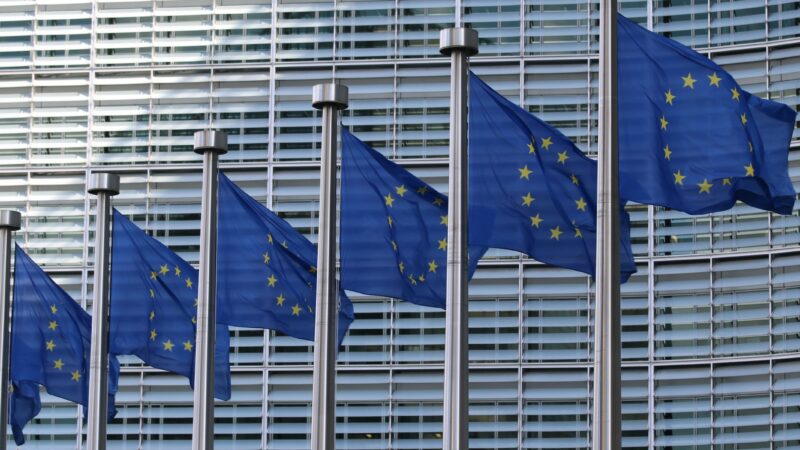


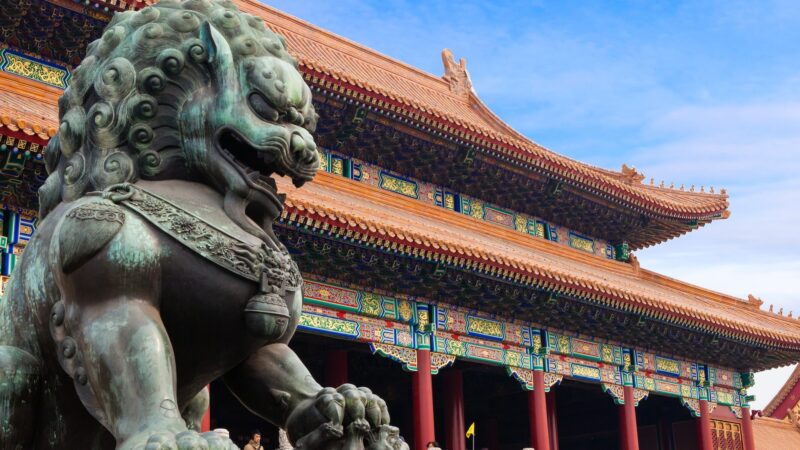

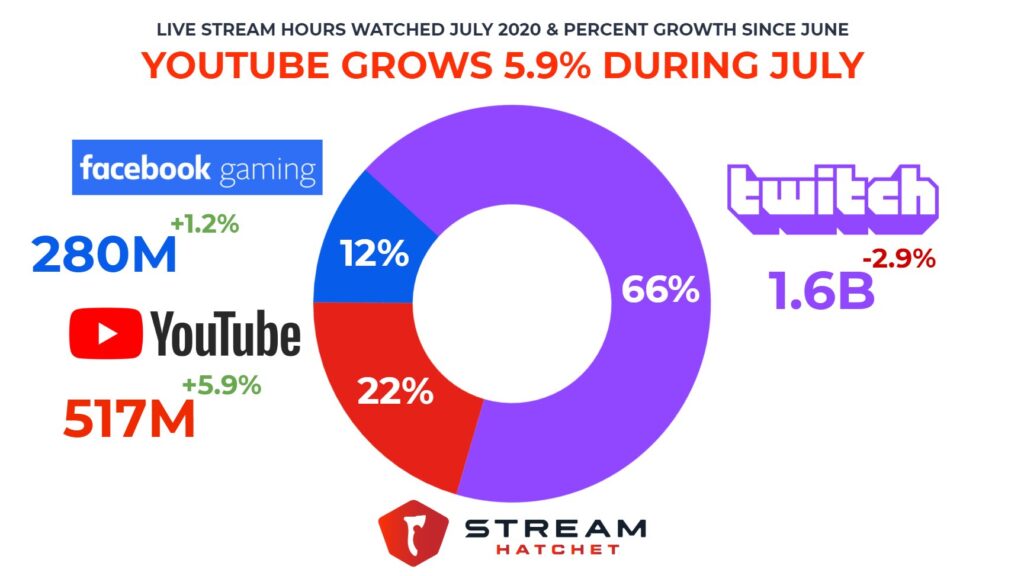

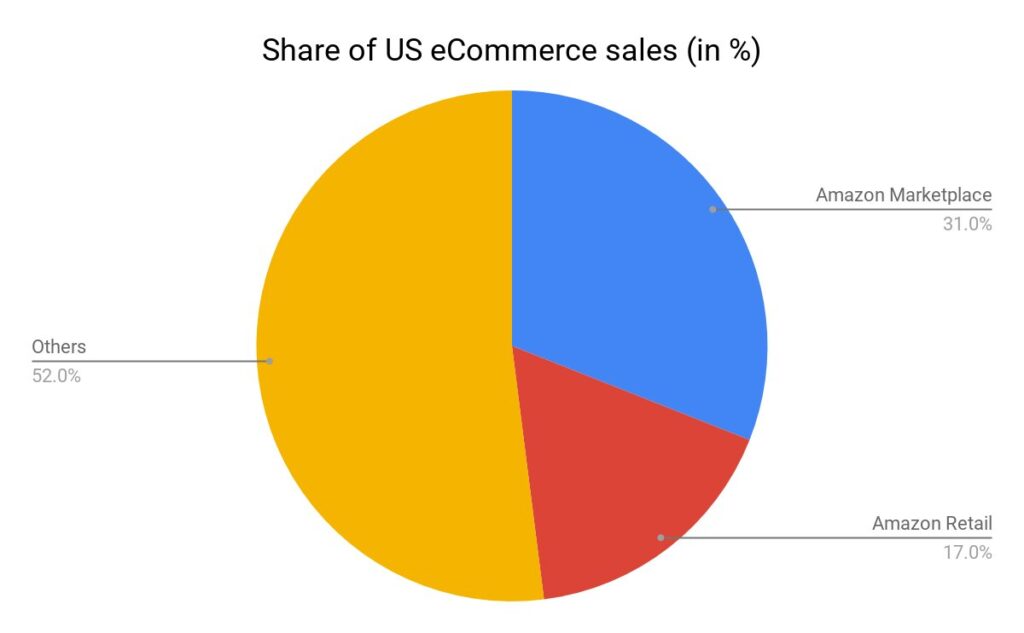
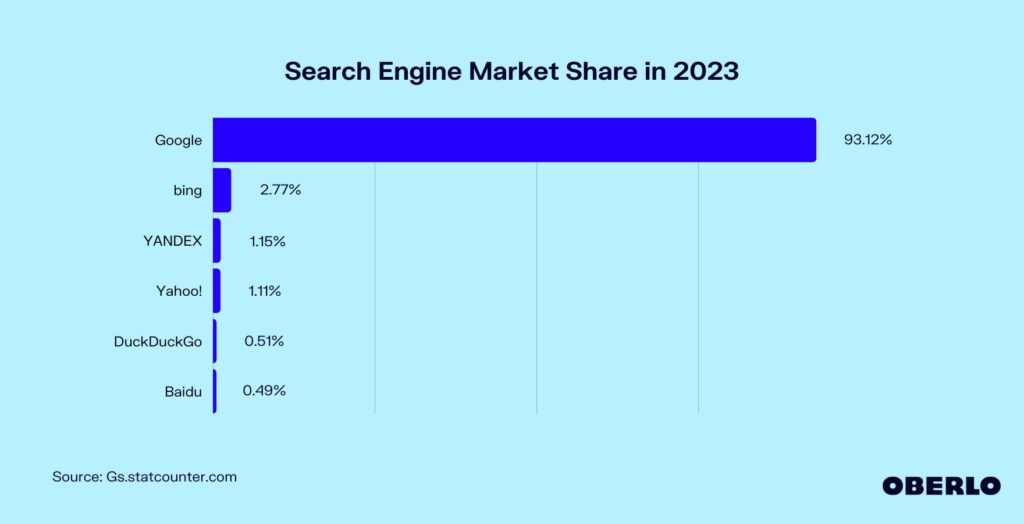

How to contain an increasingly assertive China?
Tensions in the South China Sea are on the rise. The United States has just pledged to defend Philippine vessels if they are attacked over there, after Beijing and Manila blamed each other after a China Coast Guard ship fired water cannons at a Philippine boat. The incident may well be deliberately provoked by China to test the commitment of the United States in the region.
A few weeks ago, a record-breaking number of Chinese warships were spotted in waters around Taiwan within a 24 hour period. This was followed by the unexplained firing of China’s foreign minister, Qin Gang, a close ally of Chinese President Xi Xinping. In the same week, Taiwan held major military drills that simulated an invasion of the island, centred around defending vital beaches and airports.
This volatile mix of escalation and uncertainty is breeding a sense of anxiety for China’s regional neighbours who are all in tense dispute with China over its legally baseless claim to the entirety of the South China Sea – and all the vast mineral wealth beneath the waves.
ASEAN – the Association of Southeast Asian Nations – could well play a role here. This is a political and economic union of 10 member states in Southeast Asia. With lingering fears of a Chinese invasion of Taiwan within the next five years, ASEAN nations must build stronger ties between themselves to act as a stable and unified counterweight to China. This would not only help to push back against Chinese aggression in their own waters, but also give support to Taiwan in any eventual outbreak of war. Furthermore, it would alleviate the burden on the United States.
If ASEAN partners do not present a united front on territorial disputes in the South China Sea then the door will be left open for China to isolate certain nations and coerce them into giving in to Chinese demands. Given its rather particular interpretation of international boundaries, it is only a matter of time before China engages in legal warfare to challenge international boundaries, to the extent it has not already.
Malaysia already experienced something along these lines, albeit not coming from China. Last year, a French court ordered it to pay $14.9 billion to the heirs of the last sultan of Sulu, a part of Malaysia whose sovereign enjoyed compensation from the British when they ruled over the area, which is resource-rich. The newly formed Malaysian state simply continued to pay the heirs an annual stipend of $5,300, until in 2013, following an armed incursion from the Philippines by a group claiming to be the heirs. The French court decision to rule in the way it has is highly controversial, to say at least. The arbitrator who issued the award in the case, Gonzalo Stampa, has now even been slapped with criminal charges in Spain over his role.
In sum, even internationally well-accepted boundaries do not seem safe from legal challenges. Looking at how China has been treating Lithuania, after it was deemed too friendly towards Taiwan, Asian countries should not exclude that the increasingly assertive Chinese state tries to turn courts into an extension of its foreign policy domain.
It would be foolish to underestimate the chances of war in Asia breaking out. Decades of smaller scale lopsided conflicts have already blindsided us to the possibility of large-scale devastating conflicts and we can’t allow that to happen again.
One only needs to look at how Russia took advantage of western dithering to launch the largest war this century which has killed thousands and displaced millions across the European continent. The war in Ukraine is predictably capturing the much of the West’s attention given the acute geopolitical headache it poses, but this is allowing China to escalate tensions around Taiwan and the South China Sea under the radar.
A potential war between China and Taiwan is likely to draw in The United States and make Russia’s war against Ukraine look almost trivial in comparison – impoverishing billions and bring ruin to the wider region.
Indonesia has been singled out as one of the ASEAN partners unwilling to fully show solidarity in opposition to China’s territorial stances when it comes to the South China Sea, but it is not the only one. ASEAN trading nations should take notice how even Germany, always wary of conflict and probably the most diplomatically minded of Western nations, has decided to send two warships to the Indo-Pacific in 2024, repeating what it has already done in 2021.
Germany’s purpose is to make clear to China that pursuing good trade ties should not mean allowing just anything. According to German Defence Minister Boris Pistorius, the aim of this move is to demonstrate that Germany is “dedicated to the protection of the rules-based international order that we all signed up to and which we all should benefit from – be it in the Mediterranean, in the Bay of Bengal or in the South China Sea.”
Those ASEAN countries that are still on the fence should take note.
Photo Credit.